Black lives matter. All lives matter. It’s worth repeating—until the day it never needs to be pointed out again. Things that many take for granted, going out for a jog, driving your car, walking on the street – should be simple enough for absolutely everyone.
And it’s the duty of every single one of us to re-educate ourselves, and for us as a magazine to share diverse information, and provide a basis of equality, not for one #BlackOutTuesday, but for Every. Single. Day.
As a British Asian, I’ve experienced racism in England. But I can’t even begin to imagine or compare these experiences to those of the black community worldwide. I do stand with you, march by you and salute you in solidarity.
One of the things we do best here at CF is start conversations, which we are doing in our daily practises. We’re also listening.
There are so many ways to meaningfully show up: standing up for what you believe in, donating, and educating yourself on how to better support friends, neighbours, and businesses, alongside signing petitions launched by Change.org and the National Association for the Advancement of Colored People (NAACP). But it has to start with global self-education, where can can travel beyond our own worlds, outside our own experiences, and into the lives of people different from us in ways great and small. These 10 books all address racial injustice and help us better understand.
1. Why I’m No Longer Talking to White People About Race by Reni Eddo-Lodge
A charged and necessary wake-up call to pervasive, institutionalised racism, Eddo-Lodge’s searing polemic reconstitutes the frame of the argument around race, removing it from the hands of those with little experience of its resonances. From ambient and lazy cultural stereotyping to open hostility, Why I’m No Longer Talking to White People About Race is a clear call of understanding.
The title is lifted from Eddo-Lodge’s own viral blog post from 2014, in which she famously declared that she had had enough of trying to reason with white people who were “living a life oblivious to the fact that their skin colour is the norm and all others deviate from it”. Her words hit a nerve. The post went viral and comments flooded in from others desperate to speak up about their own experiences. Exploring issues from eradicated black history to the political purpose of white dominance, whitewashed feminism to the inextricable link between class and race, Reni Eddo-Lodge offers a timely and essential new framework for how to see, acknowledge and counter racism.
2. Your Silence Will Not Protect You by Audre Lorde
“I am not free while any woman is unfree, even when her shackles are very different from my own,” declared Audre Lorde during a keynote talk in Connecticut in 1981. “And I am not free as long as one person of colour remains chained. Nor is any one of you.”
This is the first time Audre Lorde’s essays, speeches and poetry have been brought together in one volume. The collection includes a new preface by Reni Eddo-Lodge and an introduction by Sara Ahmed.
Audre Lorde (1934-92) described herself as ‘Black, lesbian, mother, warrior, poet’. Born in New York, she had her first poem published while still at school and her last the year she died of cancer.
Her extraordinary belief in the power of language – of speaking – to articulate selfhood, confront injustice and bring about change in the world remains as transformative today as it was then, and no less urgent. This compilation of her greatest speeches and writings is a powerful introduction to this revolutionary voice.
3. Inglorious Empire: What The British Did To India by Shashi Tharoor
Published in the immediate aftermath of Brexit, it documents the systematic subjugation of a country whose share of the world economy at the start of the 18th century was 23 per cent, a figure which had plummeted to 3 per cent by the time the British left. As Britain reassesses its imperial fantasies, this book is an urgent read.
In the eighteenth century, India’s share of the world economy was as large as Europe’s. By 1947, after two centuries of British rule, it had decreased six-fold. Written by a United Nations diplomat turned Indian National Congress MP in New Delhi, Inglorious Empire firmly discounts any romantic notions of colonisation in taking India as its subject.
In this bold and incisive reassessment of colonialism, Tharoor exposes to devastating effect the inglorious reality of Britain’s stained Indian legacy.
4. Beloved by Toni Morrison
Winner of the Pulitzer Prize, Toni Morrison’s Beloved is a spellbinding and dazzlingly innovative portrait of a woman haunted by the past.
Inspired by a true story reported in the American Baptist in 1856, the novel centres on Sethe, a slave mother who has “escaped” from the fictional Sweet Home plantation to live in the free state of Ohio, but is haunted, literally and metaphorically, by the ghosts of her tragic past. Eighteen years later she is still not free. Meanwhile Sethe’s house has long been troubled by the angry, destructive ghost of her baby, who died nameless and whose tombstone is engraved with a single word: Beloved.
This novel does not shy away from the horrors experienced by Sethe, as Morrison reflects the countless atrocities committed against people of colour throughout history. But Beloved is not a polemic. It interweaves ideas of motherhood, family, folklore and community, into a rich, fully realised story.
Morrison’s unforgettable novel is one of the great and enduring works of American literature.
5. The Good Immigrant: 21 Writers Explore What It Means To Be Black, Asian, And Minority Ethnic In Britain Today edited by Nikesh Shukla
How does it feel to be constantly regarded as a potential threat, strip-searched at every airport? Or be told that, as an actress, the part you’re most fitted to play is ‘wife of a terrorist’? How does it feel to have words from your native language misused, misappropriated and used aggressively towards you? How does it feel to hear a child of colour say in a classroom that stories can only be about white people? How does it feel to go ‘home’ to India when your home is really London? What is it like to feel you always have to be an ambassador for your race? How does it feel to always tick ‘Other’?
Bringing together 21 exciting black, Asian and minority ethnic voices emerging in Britain today, The Good Immigrant explores why immigrants come to the UK, why they stay and what it means to be ‘other’ in a country that doesn’t seem to want you, doesn’t truly accept you – however many generations you’ve been here – but still needs you for its diversity monitoring forms.
Edited by the British journalist Nikesh Shukla, this crowdfunded book of essays includes submissions from Musa Okwonga (poet/broadcaster), Chimene Suleyman (poet/columnist), Vinay Patel (playwright), Salena Godden (poet/writer), Sabrina Mahfouz (playwright), Reni Eddo Lodge (journalist), Vera Chok (actor/writer), Riz Ahmed (actor/rapper), Inua Ellams (poet/playwright) and Wei Ming Kam (writer) and more.
6. Biased: Uncovering the Hidden Prejudice That Shapes What We See, Think, and Do, by Jennifer L Eberhardt
From one of the world’s leading experts on unconscious racial bias come stories, science, and strategies to address one of the central controversies of our time
How do we talk about bias? How do we address racial disparities and inequities? What role do our institutions play in creating, maintaining, and magnifying those inequities? What role do we play?We do not have to be racist to be biased. With a perspective that is both scientific, investigative, and also informed by personal experience, Eberhardt offers a reasoned look into the effects of implicit racial bias, ranging from the subtle to the dramatic. Racial bias can lead to disparities in education, employment, housing, and the justice system.
Yet she also offers us tools to address it. Eberhardt shows us how we can be vulnerable to bias but not doomed to live under its grip. Racial bias is a problem that we all have a role to play in solving.
7. The Bluest Eye by Toni Morrison
Another one by Toni Morrison in which Pecola Breedlove, a young black girl, prays every day for beauty. Mocked by other children for the dark skin, curly hair, and brown eyes that set her apart, she yearns for “normalcy”, for the blond hair and blue eyes that she believes will allow her to finally fit in. Yet as her dream grows more fervent, her life slowly starts to disintegrate in the face of adversity and strife. This is Morrison’s virtuosic first novel which asks powerful questions about race, class, and gender with the subtlety and grace that have always characterised her writing.
8. The Fire Next Time by James Baldwin
This national bestseller first appeared in 1963, and gave a passionate voice to the emerging civil rights movement. A powerful evocation of James Baldwin’s early life in Harlem and a disturbing examination of the consequences of racial injustice, this book is an intensely personal and provocative document. It consists of two “letters,” written on the occasion of the centennial of the Emancipation Proclamation, one, written in the form of a letter to James Baldwin’s teenage nephew, about being a black man in America; the other about race and religion.
9. How to Be an Antiracist by Ibram X. Kendi
Not being racist is not enough. We have to be antiracist. In this rousing and deeply empathetic book, Ibram X. Kendi, founding director of the Antiracism Research and Policy Center, shows that when it comes to racism, neutrality is not an option: until we become part of the solution, we can only be part of the problem.
Kendi helps us recognise that everyone is, at times, complicit in racism whether they realise it or not, and by describing with moving humility his own journey from racism to antiracism, he shows us how instead to be a force for good. Along the way, Kendi punctures all the myths and taboos that so often cloud our understanding, from arguments about what race is and whether racial differences exist to the complications that arise when race intersects with ethnicity, class, gender and sexuality.
We get a new understanding of racism – what it is, where it is hidden, how to identify it and what to do about it.
10. Freedom Is a Constant Struggle: Ferguson, Palestine, and the Foundations of a Movement by Angela Y Davis
In these essays, interviews and speeches, Angela Y. Davis illuminates connections between struggles against state violence and oppression throughout history and around the world. Reflecting on the importance of black feminism, intersectionality and prison abolitionism for today’s struggles, Davis discusses the legacies of previous liberation struggles. She highlights connections and analyses today’s struggles against state terror, from Ferguson to Palestine. Facing a world of injustice, Davis challenges us to build the movement for human liberation.






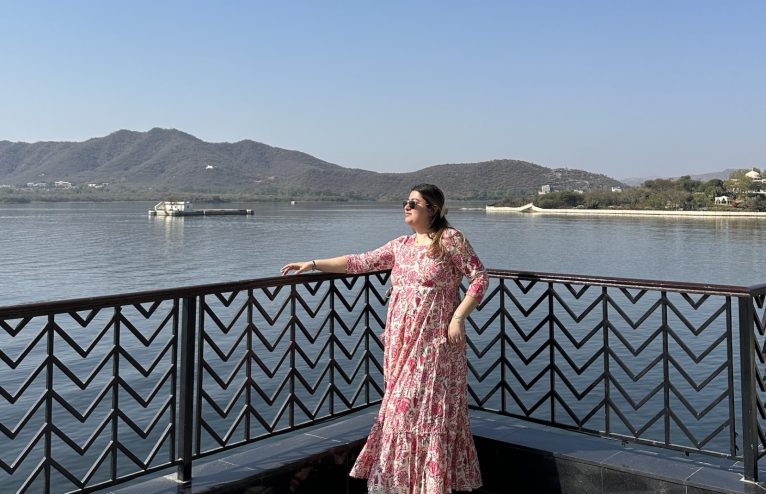









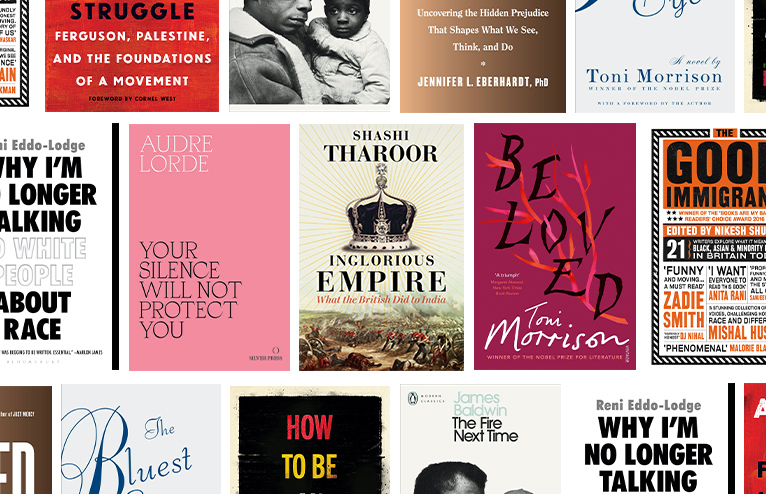
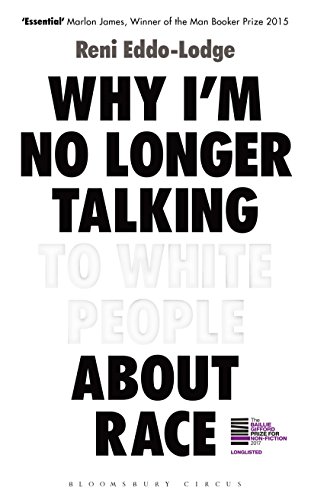
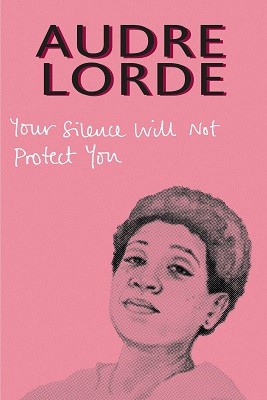
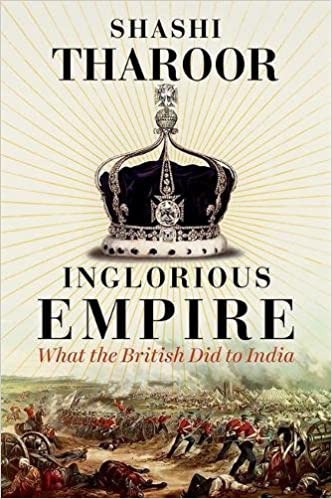
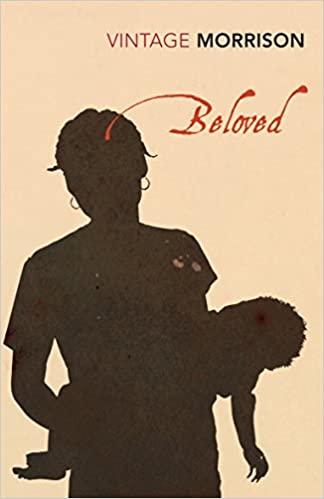
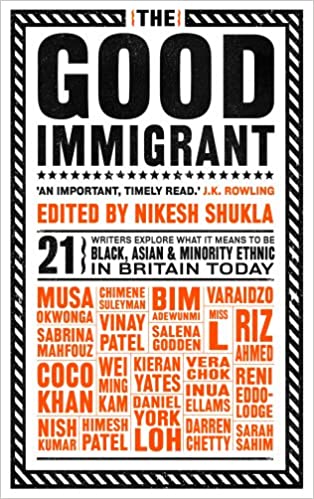
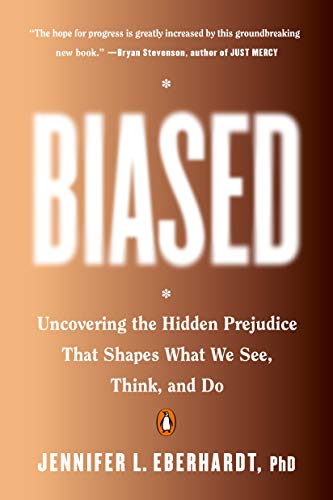
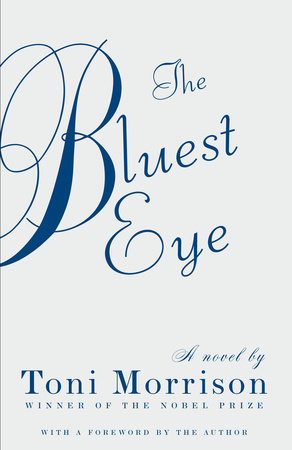
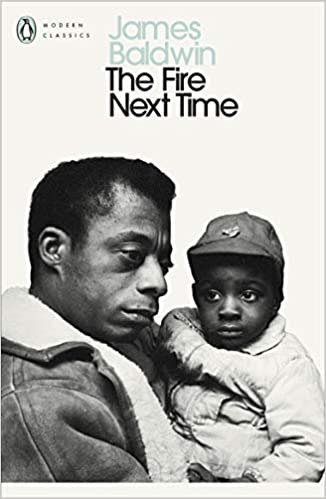
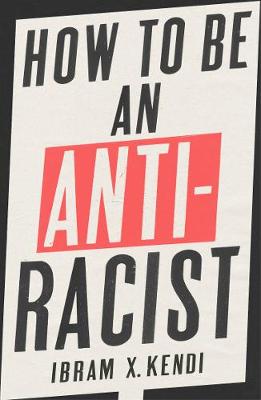
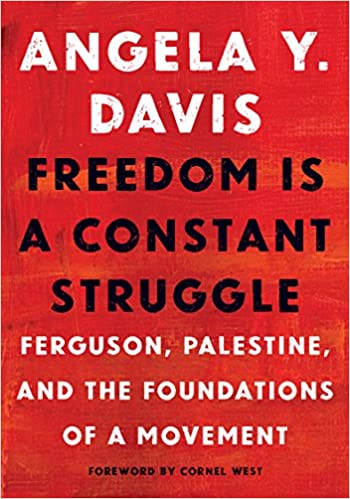





Any Questions or Tips to add?